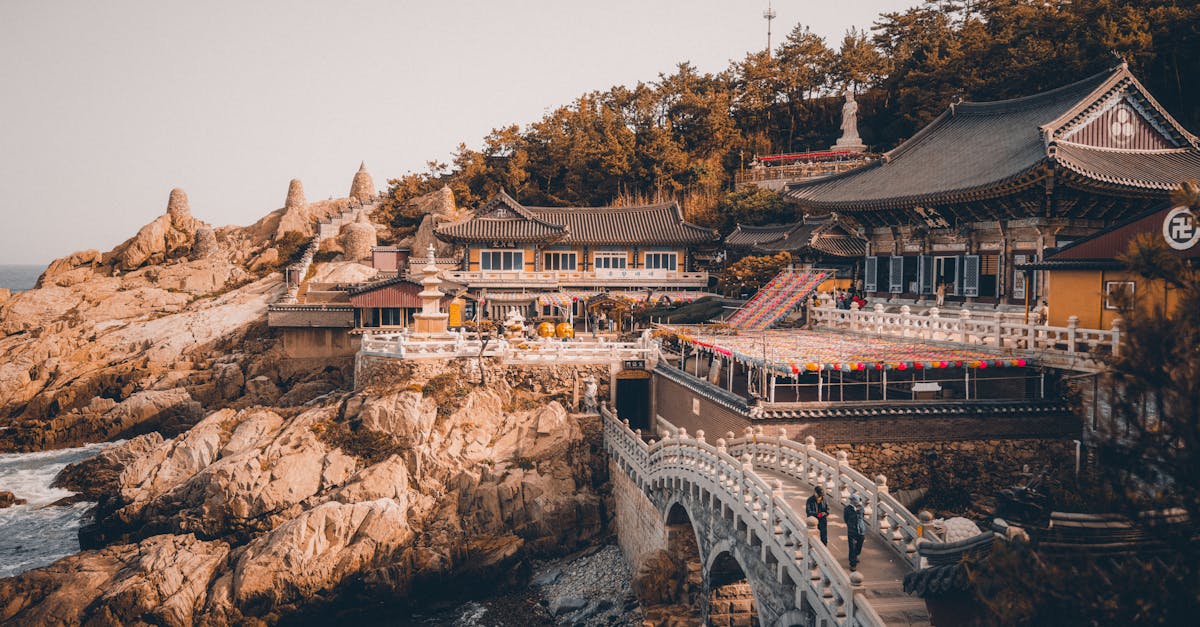|
IN SHORT
|
Imagine for a moment: fine sandy beaches, turquoise waters sparkling in the sun, palm trees gently swaying in the wind. The Maldives, this idyllic archipelago in the Indian Ocean, evokes both fleeting dreams and tangible realities. Every year, thousands of travelers are attracted by this postcard setting, hoping to find the quintessence of paradise. But behind this image of perfection lies a burning question: are these enchanting islands truly the paradise on earth that they appear to be, or is it just a mirage, a fleeting illusion that could give way to the desillusion ? Let’s dive together into the depths of this island El Dorado to discover what is really hidden behind its crystal clear waters.
A world apart
The Maldives, this dream archipelago, evokes images of fine sandy beaches, shimmering turquoise waters and unspoilt nature. But behind this idyllic picture lies a nuanced reality. In this article, we’ll explore the true attractions of this popular destination, as well as the challenges that come with it. Are the Maldives really the heaven on earth or are they just one simple mirage ?
An overview of the Maldives
The Maldives, located in the Indian Ocean, is a collection of 1,192 islands spread over 26 atolls. Known for their incredible marine biodiversity, these islands attract diving and snorkeling enthusiasts, but also those seeking serenity. Their luxury resorts on stilts and their breathtaking landscapes shape an unrivaled reputation. However, the price to pay for this luxury is not just a question of money.
The natural beauty of the Maldives
The Maldives are often described as one of the most beautiful destinations in the world. Their pristine beaches, lined with palm trees, invite you to relax. The crystal clear water is home to a variety of marine fauna, offering breathtaking spectacles to water enthusiasts. scuba diving. Coral reefs, visually striking, are of crucial ecological interest. However, this beauty is fragile and requires protection.
An ecosystem in danger
The environmental reality of the Maldives raises major concerns. Rising water levels due to climate change endanger several islands. Coral reefs, essential for the survival of marine life, are seriously affected by bleaching. For travelers, it is crucial to be aware of these issues and to choose activities that respect the environment. nature which preserve this vulnerable ecosystem.
Maldivian culture
The Maldives are not just postcard landscapes. Their culture, rich and varied, is imbued with Indian, Arab and African influences. The official language, Dhivehi, and the local traditions are unique and worth discovering. By visiting the inhabited islands, travelers can immerse themselves in the daily life of Maldivians, far from luxurious resorts.
Customs and daily life
The inhabitants mainly live from fishing and tourism. Their way of life is simple and authentic. Participating in traditional festivals or tasting local cuisine allows you to understand this fascinating culture. Dishes based on fish, spices and coconuts are a treat for the senses. However, it is important to respect their traditions, particularly in matters of clothes and behaviors.
| Appearance | Travel to the Maldives |
| Natural beauty | White sand beaches, turquoise waters and breathtaking landscapes. |
| Activities available | Diving, snorkeling, spa and boat trips. |
| Cost of life | Upscale destination with often expensive accommodation. |
| Accessibility | Limited direct flights, often requires transit. |
| Ecology | Coral corrals threatened by climate change. |
| Local culture | Maldivian influences to discover, but often little highlighted. |
| Seasonality | Best period: November to April, risk of rain out of season. |
- Natural beauty : White sand beaches and turquoise waters
- Marine ecosystem: Amazing diving and coral reefs
- Tropical climate : Guaranteed sunshine almost all year round
- Luxury accommodation: Exclusive overwater villas and resorts
- Local culture: Maldivian traditions to discover
- High cost : Destiny often financially inaccessible
- Environmental impact : Tourism harmful to ecosystems
- Accessibility: Long and expensive flights
Tourism challenges
Tourism in the Maldives, although lucrative, poses considerable challenges. The infrastructure, although developed in tourist areas, struggles to meet the needs of the entire population. Additionally, reliance on tourism raises questions about sustainability. Do we really have the means to protect this beauty while putting it to good use?
The environmental impact of tourism
The construction of new resorts and infrastructure necessary to accommodate visitors creates significant pressure on the environment. This development can cause the destruction of corals, local fauna and flora. The Maldives must therefore balance its economic aspirations with the need to preserve its natural environment.
Alternatives to a traditional tourism approach
Faced with these challenges, a more sustainable approach to tourism is emerging. Many resorts are starting to adopt eco-responsible practices, using local materials and committing to reducing their carbon footprint. Conservation initiatives are implemented to protect reefs and marine biodiversity. By choosing eco-friendly options, travelers can participate in a form of tourism that helps preserve this natural wonder.
Traveling to the Maldives: a question of choice
Going to the Maldives doesn’t have to be all about luxury. It also involves making responsible choices. Travelers can choose to spend time on less-traveled islands, engage in conservation projects, or support local businesses. These choices enrich the travel experience while making a positive contribution to the community.
Authentic experiences to live
The Maldives offers a wealth of authentic experiences. Whether by diving into still preserved places, participating in a cooking class with locals or discovering local crafts, these moments anchor the visitor in Maldivian culture. These interactions make the trip memorable and mean that Maldives happiness is not limited to the beaches.
The Maldives: a personal choice
Ultimately, visiting the Maldives is a personal choice. For some, it’s the ultimate romantic getaway or haven, while for others, it’s an opportunity to rediscover nature and engage in sustainable practices. Everyone can find their own definition of what these paradise islands represent.
Thoughts on the destination
The Maldives can be seen as a heaven provided that visitors undertake to respect traditions, the environment, and to contribute to the well-being of local populations. Does true luxury lie in comfort or in experiences? The answer is perhaps at the heart of every journey. For those looking to get away from the crowds, the Maldives can still offer moments of tranquility and pure beauty, but it is essential to remain aware of the issues surrounding them.
Conclusion of the experiment
The Maldives, at the crossroads of luxury and ecological issues, are both a dream and an often complex reality. By choosing to explore this destination in a respectful manner, travelers can not only appreciate the breathtaking beauty of the archipelago, but also actively participate in its preservation. So, heaven on earth or just a mirage? The main thing is to delve into it with sensitivity and openness.
- When are the best times to visit the Maldives?
- The best times to visit the Maldives are from December to April, when the weather is dry and sunny.
- What types of activities can you do in the Maldives?
- In the Maldives, you can practice diving, snorkeling, surfing, as well as enjoy heavenly beaches and spas.
- Are the Maldives ideal for families?
- Yes, the Maldives can be a family destination, but it is important to choose resorts that offer child-friendly activities.
- What are the entry formalities for the Maldives?
- Travelers must have a valid passport and a visa is granted on arrival for most nationalities for a 30-day stay.
- Is the cost of living in the Maldives high?
- The cost of living in the Maldives can be high, especially in resorts, but there are more affordable options outside of the tourist areas.
- Is the Maldives safe for travelers?
- Yes, the Maldives is considered a safe destination for travelers, although it is still advisable to take standard precautions.
- What is the best way to travel between islands?
- The best way to travel between the islands is by seaplane or boat, depending on distance and travel time.
- What are the typical dishes to try in the Maldives?
- Typical dishes include fish curry, mas huni (tuna salad), and roshi (flatbread), often accompanied by rice and coconut.
- How can I preserve the environment during my stay in the Maldives?
- It is important to respect local rules, avoid pollution, not touch corals and favor companies that support sustainable tourism.




